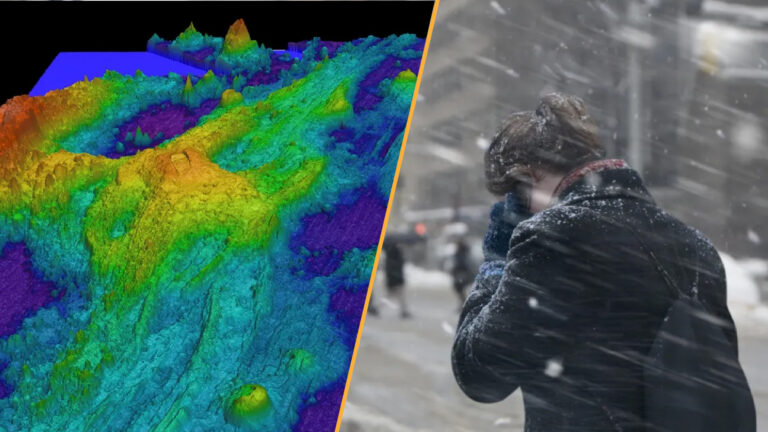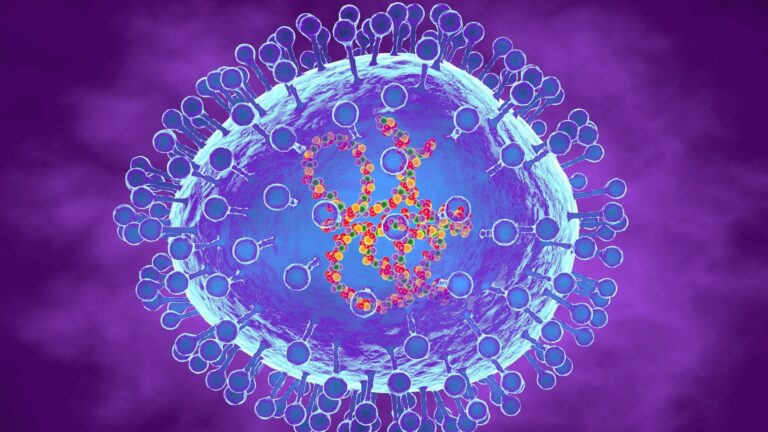Are cats and dogs smarter than babies?

It’s possible to compare some aspects of animal and human intelligence, but not all researchers like to.
Science and Technolgy blog

It’s possible to compare some aspects of animal and human intelligence, but not all researchers like to.

Jan. 3, 2025: Our weekly roundup of the latest science in the news, as well as a few fascinating articles to keep you entertained over the weekend.

Single crystal electrodes in lithium-ion electric vehicle batteries enable them to last several times longer than existing technology.

Researchers developed a more precise method of understanding ancestry from ancient DNA and used it to identify previously unknown waves of migration.

One of the last easily visible lunar occultations of Saturn until 2037 will occur on Jan. 4.

Windows that can be darkened at the touch of a button are already reducing the need for aircon.

A 1,100-pound metal ring from a rocket smashed in to a Kenyan village, where it startled residents and flattened trees

Health officials have reported a rise in human metapneumovirus (HMPV) infections among children ages 14 and under in China, but the exact magnitude of this uptick is unclear.

Scientists have vastly reduced the temperatures and conditions needed to grow special diamonds for computing, making faster and more efficient computing chips a more realistic proposition.

The lamp depicts Jewish motifs from a time when Jewish worship was suppressed under the Romans.